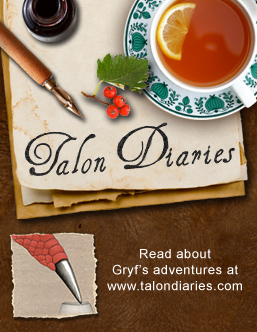Through the Looking Glass Children's Book Reviews
The All-New Amelia
Fiction Series
For ages 8 to 12
Simon and Schuster, 2007 ISBN: 978-1416909088
A new girl called Charisse has come to Amelia’s school and as far as Amelia is concerned Charisse is “perfect.” She has an elegant name, a “princess face,” a British accent, she is tall and blond, has pierced ears, and a perky button nose. In short, Charisse is everything that Amelia isn’t.
Like many of her classmates, Amelia admires Charisse a great deal and would like to be her friend, so when she is told that she is going to be Charisse’s partner in a new school project Amelia is thrilled. The children in Amelia’s class are going to be working on an archeological dig. The hope is that they will find enough interesting artifacts to convince the man who owns the land not to develop it until a complete archeological survey of the land can be completed. Amelia thinks that being part of the dig is going to be “totally great” and is thrilled to have the opportunity to find a piece of the past. Charisse is less thrilled.
In an effort to acquire some “oomph” Amelia decides to adopt a British accent. She also upgrades her signature so that it is fancier, and puts on nail polish in attempt to make herself feel more “glamorous.” She even sends a postcard to her friend Nadia to tell her that she is changing her “style.” In short, Amelia is on a mission to upgrade herself.
Work on the dig proceeds, and more and more artifacts come to light, but Amelia (who works hard) and Charissa (who doesn’t) don’t find anything of value. Everyone, with the exception of Charisse perhaps, is hoping that they will be able to find something valuable enough – in historic terms – that the landowner will consider delaying his development project.
Amelia’s reinvention of herself campaign does not really get very far, and the whole process takes a decidedly unfortunate turn when Amelia’s friend Carly finally loses her temper. Carly has been very patient with Amelia’s fascination with Charisse. She has put up with Amelia’s efforts to change herself, but Carly has now reached the end of her rope. Carly is tired of the “non-Amelia Amelia” and she will only be her friend again when Amelia can remember who she really is.
Most young people, at some stage, go through a phase when they try to reinvent themselves. Sometimes they go through several of these phases. In this wonderful Amelia story we see how Amelia figures out that being something she is not is not such a good idea. It may seem like a great thing to do in theory, but in reality reinvention projects often backfire.
Amelia’s journal style narrative, written in her own words, is full of doodles and annotated drawings. Her self-deprecating humor is delightfully funny, and readers may even be tempted to write their own journal about their own life adventures.




